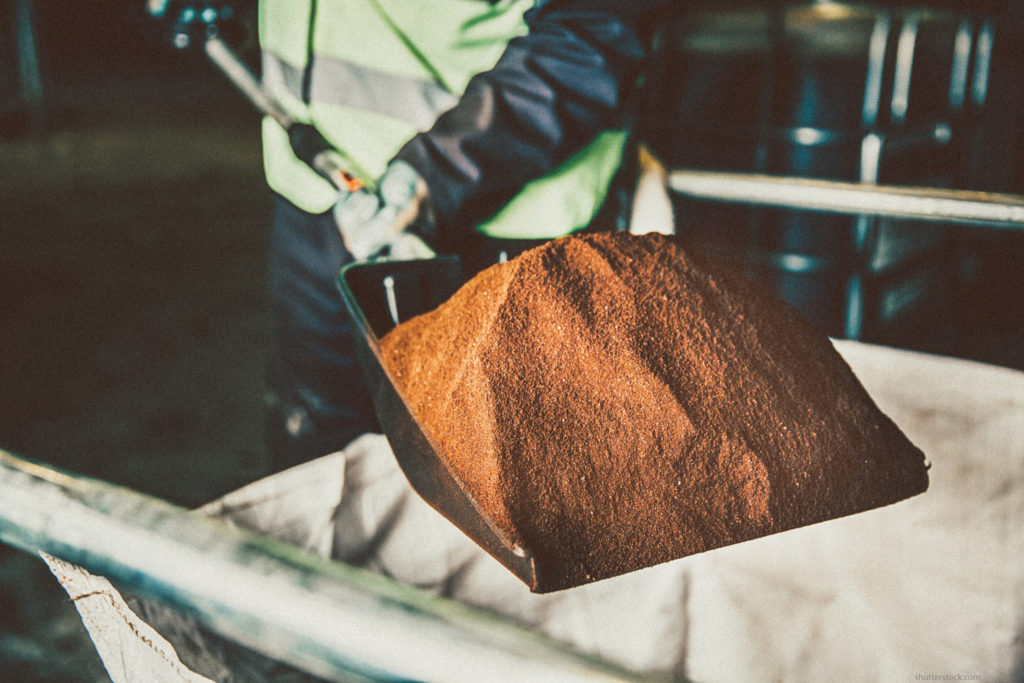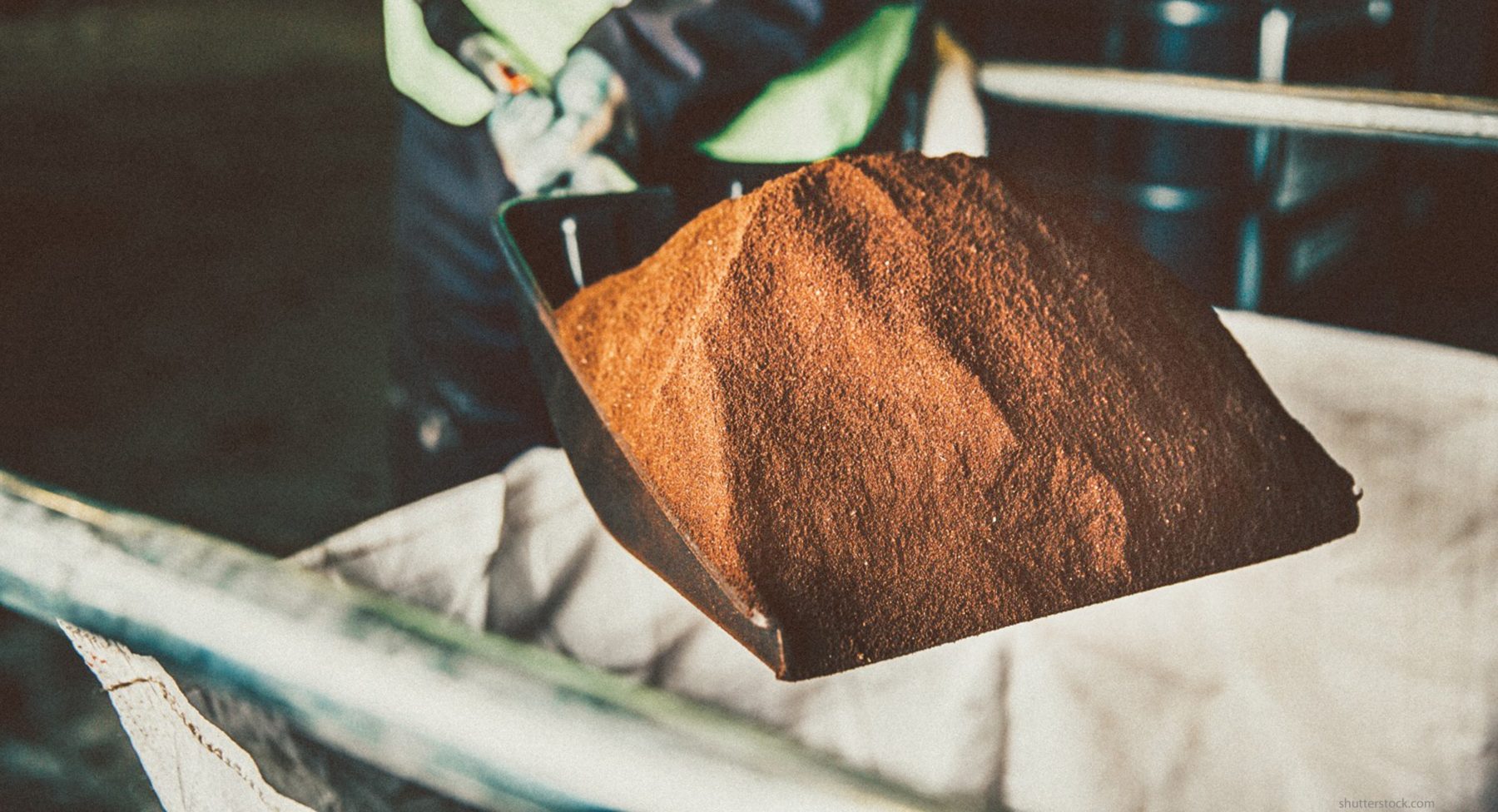Startups worldwide are taking the climate crisis into their own hands by successfully manufacturing clean fuel and partnering with local businesses to replace petroleum usage. These visionaries are intent on defying the odds and proving that creative ingenuity will turn our energy crisis around.
Chicago’s AMP Americas (now known as ampCNG) grew out of a farm in Indiana that turned the manure of 15,000 cows into Compressed Natural Gas (CNG) manufactured from cow manure, which releases 28% less carbon-dioxide emissions than diesel or gasoline, according to the Energy Information Administration. Since 2011, the company has built 19 CNG stations and is striking deals with commercial trucking companies in the Chicago area to help offset the initial cost of procuring trucks compatible with CNG.
This cheaper fuel alternative will save the companies $100,000 in fuel costs over the lifetime of a single truck. Ninety-five percent of these fuel sales will go right into the hands of American manufacturers and can help offset CO2 emissions equivalent to 300 cars in the truck’s lifetime—an added bonus for participants.
Coffee Grounds Get a Second Life
Meanwhile in London, the startup, bio-bean, is also creatively reinventing automobile fuel. The company has partnered with Shell and Argent Energy to create a biofuel replacement for London’s diesel-powered buses from discarded coffee grinds. After collecting the coffee grounds from local cafes, restaurants, and factories, bio-bean has already produced 6,000 liters of coffee oil at its recycling plant, enough to fuel one city bus for an entire year. The coffee oil is blended with B20 so that it can be used in the diesel buses without modification.
 Bio-bean estimates that Britain produces 500,000 tons of coffee grounds a year, most of which is discarded in landfills where they can emit harmful greenhouse gases. But they make a perfect recyclable alternative for biofuel production. “It’s a great example of what can be done when we start to reimagine waste as an untapped resource,” bio-bean Founder Arthur Kay said in a statement. Bio-bean is excited to imagine the possibilities of moving operations to the U.S., where 400 million cups of coffee are made per day.
Bio-bean estimates that Britain produces 500,000 tons of coffee grounds a year, most of which is discarded in landfills where they can emit harmful greenhouse gases. But they make a perfect recyclable alternative for biofuel production. “It’s a great example of what can be done when we start to reimagine waste as an untapped resource,” bio-bean Founder Arthur Kay said in a statement. Bio-bean is excited to imagine the possibilities of moving operations to the U.S., where 400 million cups of coffee are made per day.
In Florida, Alliance Bio-Products is getting in on the act and hopes to turn 100,000 tons of yard waste gathered by garbage trucks in the Orlando area this year into a petroleum replacement. In fact, Daniel de Liege, Chairman, says, “There is enough green waste in the United States to replace all petroleum-based products.”
Between farm and forestry waste, urban wood waste, and residential grass clippings, the U.S. produces roughly 1.2 billion tons of green waste annually. That could be converted into an amount equal to the 120 billion gallons of fuel used in the U.S. each year as cellulosic (sugar-based) ethanol, which produces 85% to 95% less greenhouse gases than petroleum-based products.
de Liege says that at $18 per barrel of oil, “We are vastly less expensive than traditional sugar fuel-making methods, and that gives the ability to use our sugars to create these products economically for the first time.”







